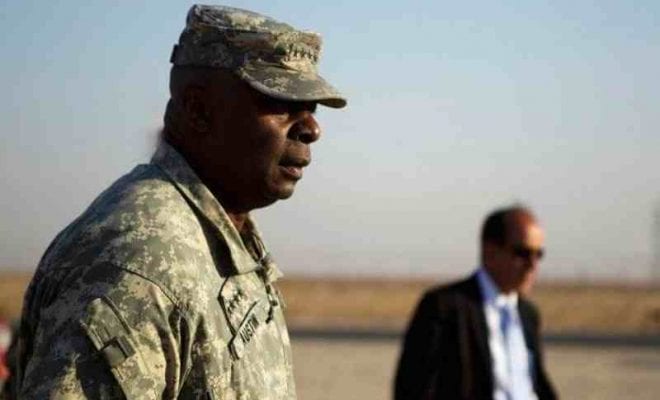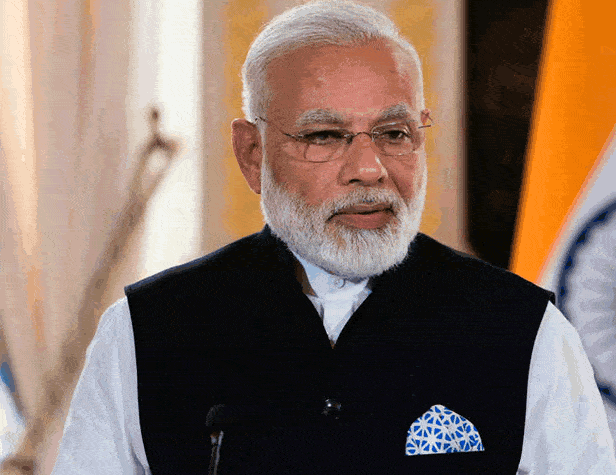Why Lloyd Austin Is An Ideal Indo-American Defence Dream

According to the formidable candidate as Biden’s head of the Pentagon, Gen (retired) Lloyd Austin feels America’s focus must be solely on Asia, especially China.
He has described China’s “increasingly aggressive actions” across the Indo-Pacific as a key concern. If appointement, Austin (67) would become the first African American armed forces personnel to be seated as the defense head of the Pentagon.
He has also commented about Pakistan’s actions against anti-India terror groups such as LeT and JeM as “incomplete”. After Kamala Harris took over as the first African American female politician to hold office at the White House, the doors have opened for capable African professionals to look for brighter growth prospects in America.
In the Indian context, he stressed on the fact the indeed, the US will continue to want to elevate its Indian defence interest.
“If confirmed, my overarching objective for our defence relationship with India would be to continue elevating the partnership,” retired Gen Lloyd Austin told members of the Senate Armed Services Committee during his confirmation hearing on Tuesday. President-elect Joe Biden has nominated him as his defence secretary.
The African American decorated defense person, Austin has further indicated that he intends to ‘deepen and broaden the defence cooperation between India and the US through the Quad security dialogue and other regional multilateral engagements.’
To be successfully seated at the Pentagon, Austin would however, need clearing from the House of Representatives and the Senate because the National Security Act requires the secretary of defence to wait seven years after active duty service before taking up the job.
Having served as the defense secretary, in 2016, he had retired from active service in the army. He is a former four-star general who has served as head of the US Central Command that oversees operations in Afghanistan and Iraq. In his reasoning for coming back to guard the helm, he focused on ‘competent civil control of the armed forces’, a necessary requirement he suggested.



